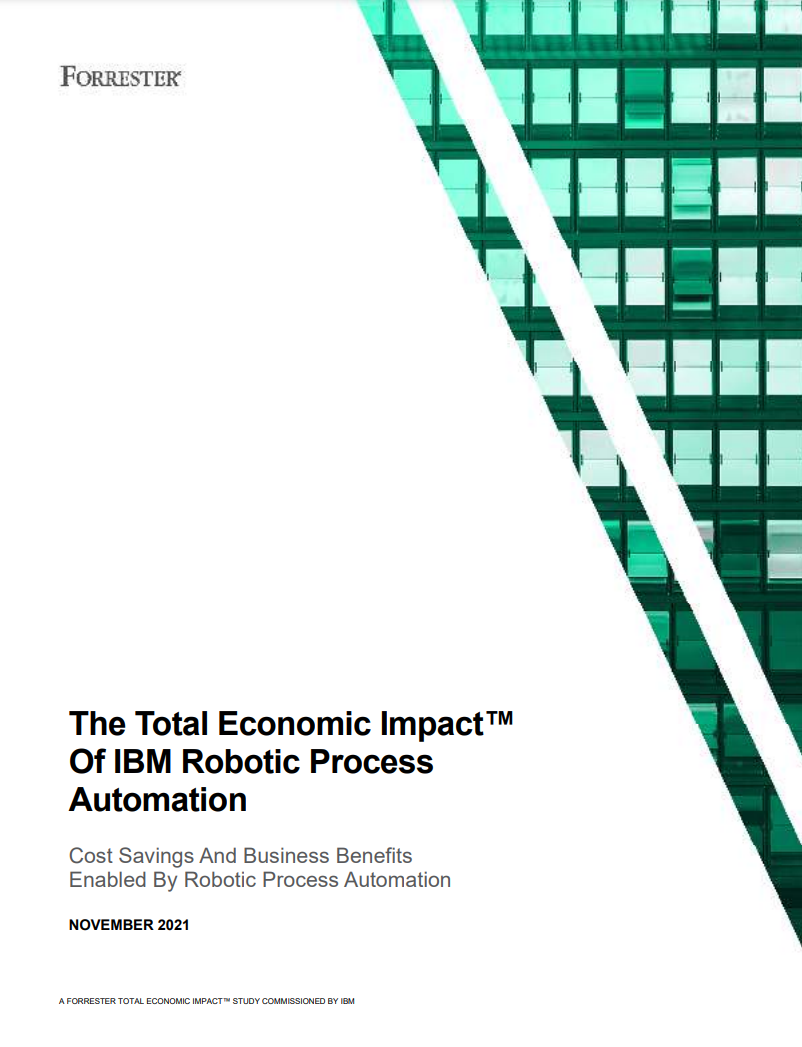AI ‘will make 5 million people redundant by 2020’
Financial sector and low-skilled workers most at risk, says WEF

Around five million jobs could disappear by 2020, as advancements in artificial intelligence, robotics, nanotechnology and other fields rock businesses worldwide.
Dubbing it the "fourth industrial revolution", the World Economic Forum (WEF) has predicted that developments in technology will "lay the foundation for a revolution more comprehensive and all-encompassing than anything we have ever seen".
The casualties of this revolution will be people whose jobs can be replaced by sufficiently-skilled software and hardware, with financial services the industry most at risk of disruption, while low-skilled workers will face widespread redundancy, according to WEF's The Future of Jobs report.
It warned: "It is simply not possible to weather the current technological revolution by waiting for the next generation's workforce to become better prepared.
"To prevent a worst-case scenariotechnological change accompanied by talent shortages, mass unemployment and growing inequalityreskilling and upskilling of today's workers will be critical."
Overall, 7.1 million jobs will be lost by 2020, WEF estimated, mainly within office and administration roles. While another two million high-skilled jobs will be created, people whose jobs are lost as a result of the revolution will not be able to fill these roles.
While men will lose 2.65 million jobs, and women 2.45 million jobs, men will gain one job for every three jobs lost, compared to one job gained for every five jobs lost for women.
Get the ITPro daily newsletter
Sign up today and you will receive a free copy of our Future Focus 2025 report - the leading guidance on AI, cybersecurity and other IT challenges as per 700+ senior executives
The report read: "The conclusion is clear. If current industry gender gap trends persist women are at risk of losing out on tomorrow's best job opportunities."
It recommended companies should provide more support for women to join the highest ranks, offer better work-life balances, and ensure management policies do not discriminate between genders.
-
 Asus ZenScreen Fold OLED MQ17QH review
Asus ZenScreen Fold OLED MQ17QH reviewReviews A stunning foldable 17.3in OLED display – but it's too expensive to be anything more than a thrilling tech demo
By Sasha Muller
-
 How the UK MoJ achieved secure networks for prisons and offices with Palo Alto Networks
How the UK MoJ achieved secure networks for prisons and offices with Palo Alto NetworksCase study Adopting zero trust is a necessity when your own users are trying to launch cyber attacks
By Rory Bathgate
-
 Can robots work safely alongside humans? This one industry leader thinks we're not far away
Can robots work safely alongside humans? This one industry leader thinks we're not far awayNews Humanoid robots and people will be able to work truly side-by-side this year, according to the CEO of one leading robotics company.
By Nicole Kobie
-
 Why cutting-edge innovation is killing the planet
Why cutting-edge innovation is killing the planetIn-depth AI and robots will do our work, we’ll get paid in cryptocurrency, and cars will drive themselves – but each of these technologies is a massive energy hog
By Nicole Kobie
-
 Why you need process mining in your RPA strategy
Why you need process mining in your RPA strategyWhitepaper Reducing workloads so more time is spent on strategic thinking
By ITPro
-
 Robotic process automation
Robotic process automationWhitepaper A no-hype buyer's guide
By ITPro
-
 Discrete manufacturing in a changing world
Discrete manufacturing in a changing worldWhitepaper Leaping hurdles and spotting opportunities
By ITPro
-
 The Total Economic Impact™ of IBM robotic process automation
The Total Economic Impact™ of IBM robotic process automationWhitepaper Cost savings and business benefits enabled by robotic process automation
By ITPro
-
 Robot dogs won't save policing – but AI just might
Robot dogs won't save policing – but AI just mightIn-depth Some police forces are turning to robots, AI and facial recognition, but high-profile failures harm public trust
By Nicole Kobie
-
 Alphabet tackles industrial robot software market
Alphabet tackles industrial robot software marketNews Intrinsic will teach industrial robots to perform complex tasks
By Danny Bradbury